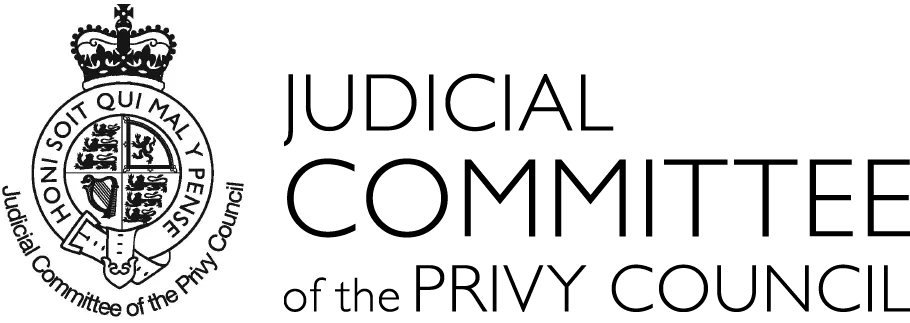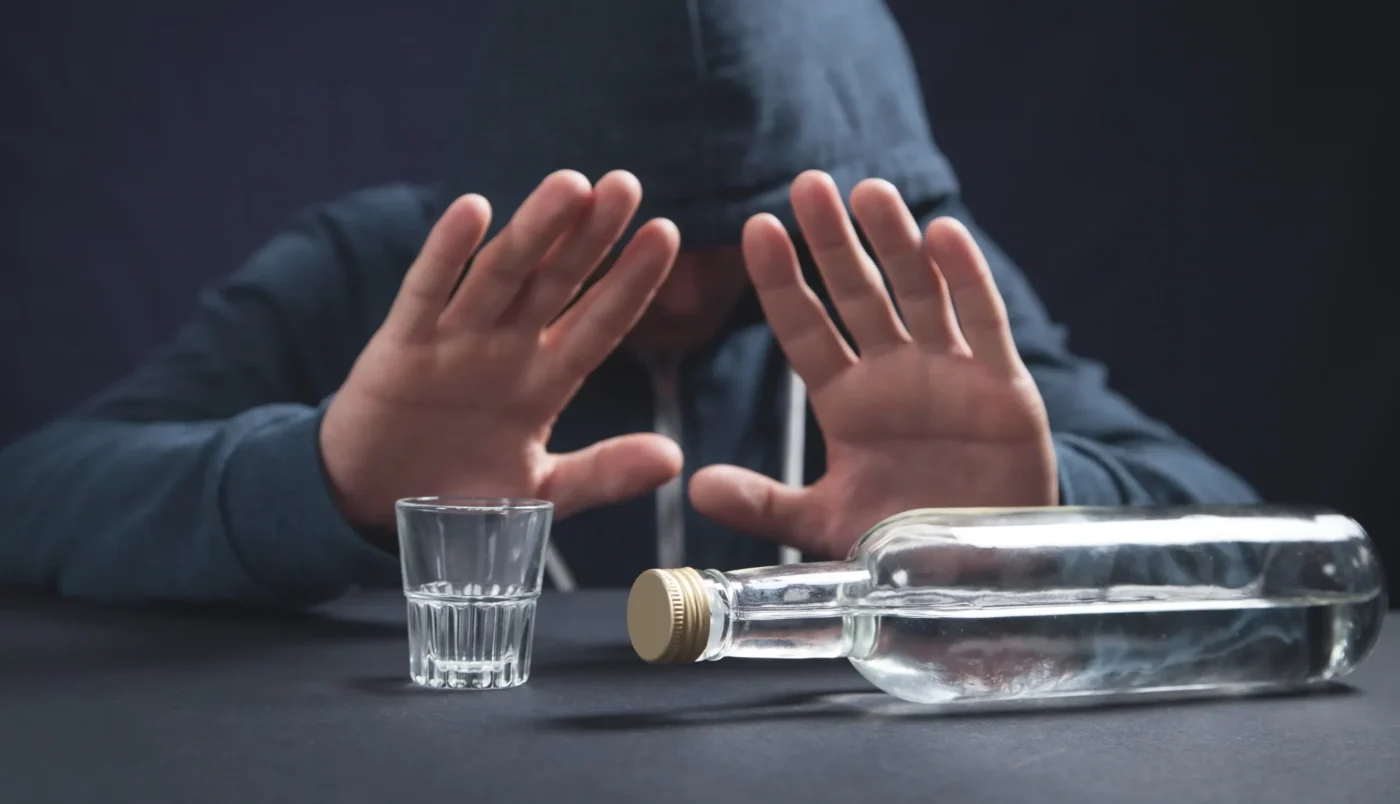Addiction is a serious issue that many people face, affecting not only the individual but also their family and society. However, avoid addiction is entirely possible if we implement preventive measures and build healthy habits. Below are ways to help you stay away from addiction, including understanding addiction, creating a positive lifestyle, and developing effective coping skills.
1. Understanding Addiction
Addiction is not merely about the use of a substance; it is a complex condition that includes biological, psychological, and social factors. Understanding how addiction develops and affects the brain can help you become more aware of the risks you may encounter.
Identifying Signs: One way to prevent addiction is to recognize its signs. If you find yourself often craving substances, losing control over your use, or feeling anxious when you don’t have that substance, these may be the early signs of addiction.
Learning About Different Types of Addiction: Addiction can stem from various sources, including drugs, alcohol, tobacco, and even behaviors such as gambling or social media use. Understanding these forms of addiction helps you take specific preventive measures.
2. Building a Healthy Lifestyle
Nutrition: A healthy diet not only improves physical health but also affects your mood and emotions. Focus on consuming plenty of fruits, vegetables, protein, and foods rich in omega-3 fatty acids. Studies have shown that a balanced diet can help reduce the risk of depression and anxiety, both of which are often related to addiction.
Regular Exercise: Exercise not only improves physical health but also releases endorphins, hormones that enhance mood. An active lifestyle can also help you reduce stress and feelings of loneliness, thus lowering the risk of addiction.
Getting Enough Sleep: Sleep plays a crucial role in maintaining mental health. Lack of sleep can increase feelings of anxiety and depression, which may lead individuals to seek stimulants to feel better. Ensure you have a proper sleep routine and create a comfortable sleep environment.
3. Developing Coping Skills
Emotional Management Skills: Many people turn to addictive substances as a way to cope with negative emotions. Instead of using stimulants, learn how to manage your emotions through methods such as meditation, yoga, or breathing exercises. These skills not only help you control your feelings but also reduce stress.
Seeking Support: No one can overcome challenges alone. Build a support network from family, friends, or community support groups. Sharing your struggles and feelings can lighten your burden and provide you with valuable advice.
Learning from Experience: Individuals who have gone through addiction can be a great source of inspiration. Listen to their stories, learn how they overcame difficulties, and apply those lessons to your life.
4. Choosing Positive Activities
Engaging in Social Activities: Participating in community activities such as volunteering, sports, or personal hobbies can help you find joy and reduce feelings of loneliness. These activities also allow you to create positive relationships and build a strong social network.
Exploring New Hobbies: Spend time discovering and developing new hobbies. This not only helps you stay away from temptations but also allows you to grow personally and find new passions in life.
Self-Care: Taking time for self-care is also essential. Engage in activities that you enjoy, such as reading, listening to music, or going for walks. These things help you feel more comfortable and happier, thus reducing the likelihood of seeking stimulants.
5. Identifying and Avoiding Triggers
Avoiding Triggering Situations: If you know that certain situations, places, or friends can tempt you to use addictive substances, try to stay away from them. Set clear boundaries and don’t hesitate to decline participation in such situations.
Seeking Positive Environments: Surround yourself with people who have healthy and positive lifestyles. Your surroundings significantly influence your habits and behaviors. Look for friends who share positive interests and goals.
Conclusion
Avoiding addiction is entirely achievable if you have the right understanding, a healthy lifestyle, and effective coping skills. By building a support network and engaging in positive activities, you will minimize the risk of falling into addiction. Remember that every small step contributes to protecting your health and well-being on this journey.


